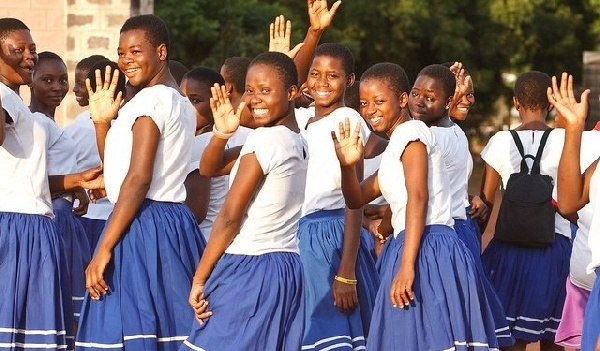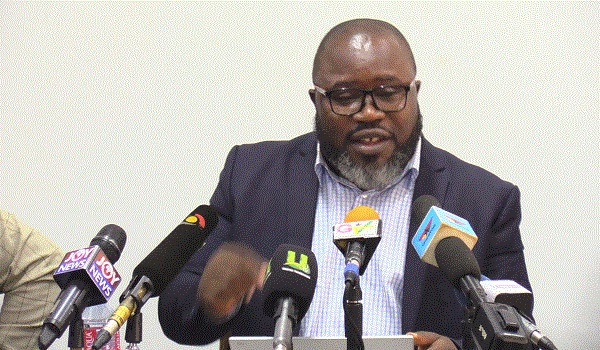EDUWATCH calls for policy to tackle education resource disparity
Education Think Tank, Africa Education Watch, has called for a targeted policy to address the disparity between affluent and disadvantaged districts when it comes to the distribution of education resources.
The call follows an assessment of the progress made in meeting the basic education policy targets outlined in the Education Sector Medium-Term Development Plan. The report highlighted concerns over the unequal distribution of resources, with wealthier districts receiving more support, despite poorer districts having a greater need.
Executive Director of EDUWATCH, Kofi Asare, urged the government to implement this move to uplift the standards of deprived areas.

“Inequality in the distribution of education resources is causing unequal outcomes, where we are not attaining targets in the deprived regions. And one way to bridge this gap, which should be the focus for the next medium term, 2026-2029, would be to develop targeted policies and budgets.
“So our budget shouldn’t simply say we are committing 100 million cedis to build schools. We must go a step beyond that and say that we want to buy textbooks for deprived schools because of these deficits, so that we are targeted. And so we should be purposive and much more targeted so bridge the gap between endowed districts and deprived districts and not just attaining national targets, most of which have already been exceeded,” he said.
The report also highlighted key deficits including limited ICT integration due to the absence of a clear policy for ICT provision in basic schools, a major gap in electricity access in underserved areas, lack of adequate toilet facilities and an inequitable distribution of school feeding, with endowed districts benefiting more proportionally than deprived districts despite the latter having greater need.
On the inequitable distribution of school feeding, Mr. Asare called for a holistic review of the policy.
“The school feeding program requires a holistic review apart from its obvious governance issues. The program does not seem to be well-targeted. It must be clear and unambiguous that the school feeding program is targeting more nourished children using poverty indicators. If we target all these interventions properly, we will have direct impacts and outcomes on retention and completion,” he stated.











